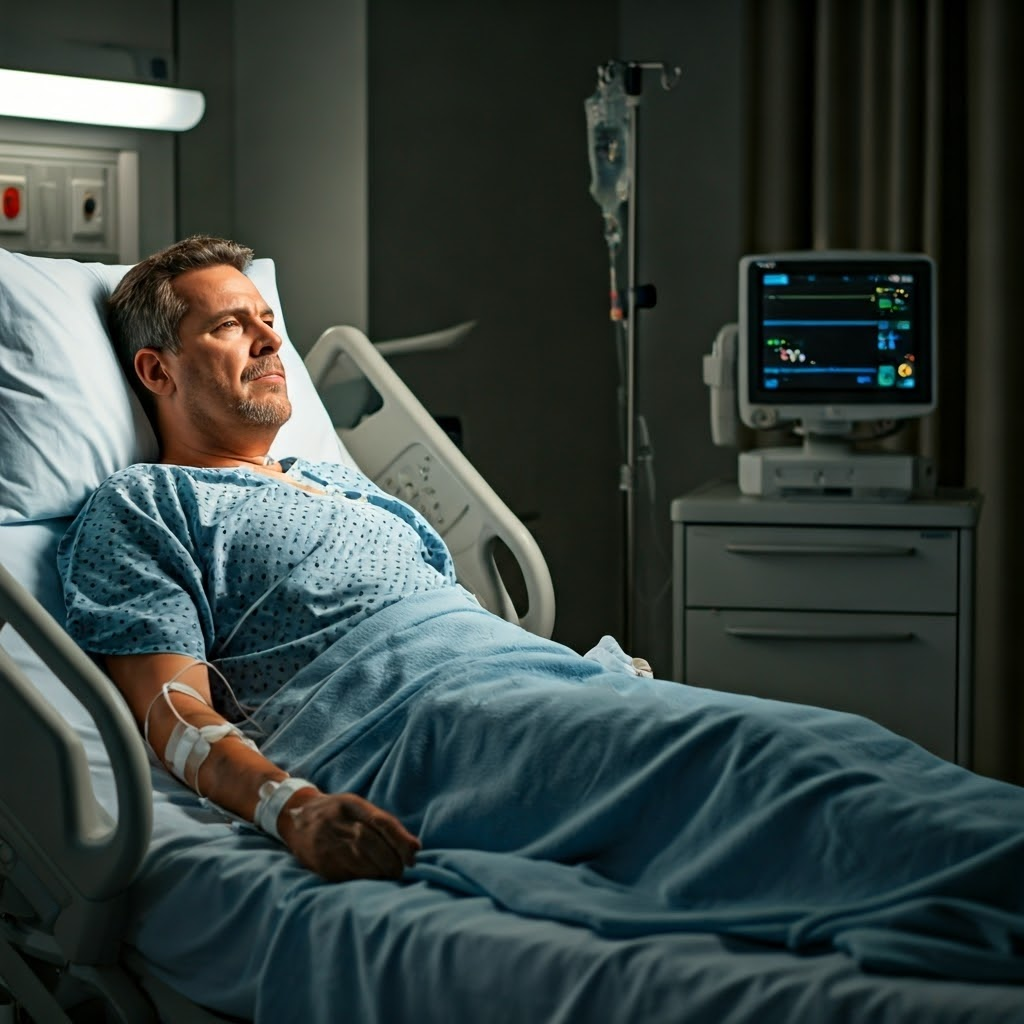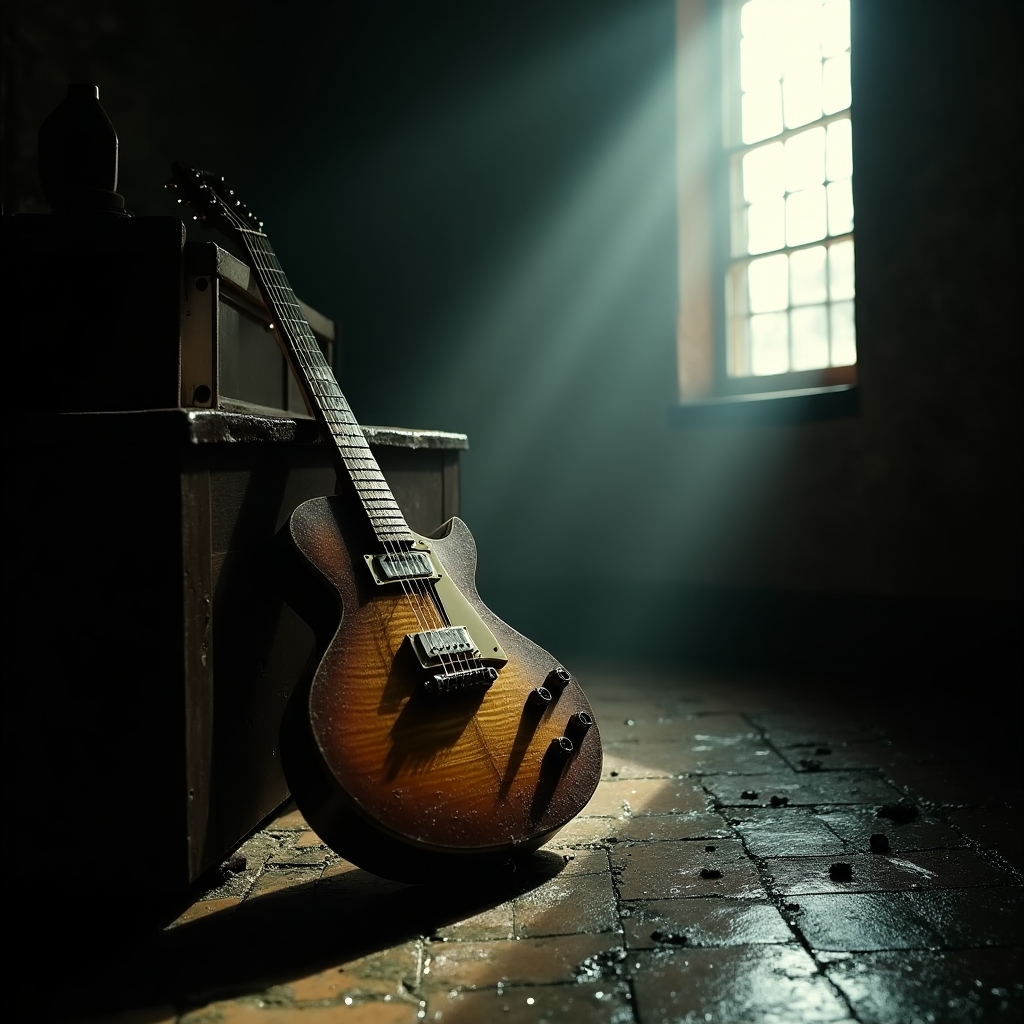Senior Health Tips - My Story
Journey of Redemption: From Silicon Valley to Maui
Arthur paced through the glass-walled offices of a Silicon Valley startup, fingers trembling slightly from too much caffeine and too little sleep. Each morning, he woke before dawn, eyes glued to glowing screens, solving problems that felt both exhilarating and empty. For decades, Arthur poured his heart into code. He climbed the corporate ladder, earned accolades, and became known for his tireless work ethic. But in the quiet hours of the night, when the city slept and the servers still hummed, he battled a hidden darkness. The stress and endless deadlines led him to pills and substances that numbed the anxiety, promising relief from a life always “on.” In the harsh fluorescent light of the office, he wore a confident smile, but at home, his hands shook from addiction. He skipped meals, ignored persistent aches, and told himself he could handle it.


At thirty-five, Arthur’s body finally demanded attention. One afternoon, his chest tightened so severely that he gasped for air on the way down the hallway. Panic seized him as sweat beaded on his forehead and the pain radiated down his arm. In the emergency room, under harsh hospital lights, Arthur realized how fragile he really was. He faced a diagnosis no one expected for someone so young: his heart was failing. He was prepped for surgery, and as the anesthetic hit his veins, he thought of all the code he hadn’t written and all the concerts he’d yet to enjoy. The last thing he felt was fear. a deep, raw fear at the edge of oblivion.
The wake-up call came slowly, in stitches of pain and relief. Arthur opened his eyes in a sterile recovery room, a drip of IV keeping him tethered to life. He stared at the ceiling and heard his heart’s steady beep for the first time in months. The beeping became a gentle reminder that he had been given a second chance. Lying there, weak but alive, tears pooled in his eyes. He realized he had nearly sold his life for a job and a bottle of pills. That night, Arthur made a promise to himself: he would not return to that path. He would heal.
Recovery was a slow journey. Arthur traded his desk chair for a walker, then for slow walks around his block. The path of transformation was not easy. He confronted each day with newfound honesty. He admitted his addiction to loved ones and sought help through support groups. His hands, once used for furious typing and comforting drugs, learned new tasks: gripping dumbbells, tying shoelaces after a jog, strumming chords on an old guitar he found in the attic. With each deliberate breath he took in the morning air, Arthur rebuilt his body and spirit. He swapped coffee and energy drinks for water and smoothies. The monitors that once tracked his coding builds now measured his healing heartbeat.


Over time, the world he had known began to shift. Arthur discovered a hunger for life beyond the server room. He enrolled in a community theater class on a whim, remembering the play he loved as a child. He found himself smiling on stage under warm lights, reciting lines that stirred something deep inside. Music, too, found its way back to him: he picked up the guitar again, strumming chords as sunrise painted the sky in soft pinks and gold. In quiet moments at the piano, he wrote melodies about struggle and hope. Each song was a testament to the mountains he had climbed in silence.
Years passed. At sixty, Arthur was not the same man lying in that hospital bed at thirty-five. He was lean, with laughter lines around his eyes and a calm confidence in his stride. He had returned to work in tech but on his own terms, living more slowly and spending evenings with friends rather than at code sprints. One afternoon, routine tests brought new, shocking news: bladder cancer. The color drained from Arthur’s face as a doctor gently explained the diagnosis. For a moment, he felt like the thirty-five-year-old again—afraid, weakened, raw. But now he remembered every single obstacle he had overcome.
Determined, Arthur faced his illness with the resilience he had forged over the years. He checked into treatment with steady courage. The hospital halls smelled of antiseptic and lavender; the beeping machines became a grim chorus around him. Yet this time, he knew how to fight. He leaned on friends, family, and fellow survivors who filled his room with warmth and encouragement. Between chemotherapy sessions, he visualized standing on stage, guitar in hand, feeling the Hawaiian breeze. Each small victory—each day the tumor shrank—renewed his will. He learned patience as he had never known it in his tech days, allowing his body the grace to heal slowly.


Victory came not with fanfare, but with a quiet dawn. A follow-up scan showed no trace of cancer. Arthur sat on a sunlit balcony and let tears slip down his cheeks. He had stared down death twice now and walked back into life both times. Joy flooded him like the first ray of sun over the ocean. He spent days recovering in gratitude and found a renewed purpose: life was too precious to waste.
At sixty-two, with a clean bill of health and a full heart, Arthur decided it was time for a grand reinvention. He retired from the tech industry and moved across the ocean to Maui, Hawaii—a place he had dreamed about during chemotherapy. Surrounded by swaying palms and the endless blue of the Pacific, he embraced a slower, more mindful pace. He took acting roles in local productions, performing on small stages under swaying bamboo curtains. The applause he received on opening night was not for lines of code or corporate achievements, but for being himself—vulnerable, real, alive.
Victory came not with fanfare, but with a quiet dawn. A follow-up scan showed no trace of cancer. Arthur sat on a sunlit balcony and let tears slip down his cheeks. He had stared down death twice now and walked back into life both times. Joy flooded him like the first ray of sun over the ocean. He spent days recovering in gratitude and found a renewed purpose: life was too precious to waste.
Now, Arthur lives a peaceful and fulfilling life. In the gentle light of Hawaiian twilight, he often reflects on his journey. He thinks of that Silicon Valley office—the life he once led—and is grateful for every twist and turn that brought him to where he is now. His days are rich with purpose: mentoring young actors, volunteering at a recovery center, and telling his story to anyone who needs hope. His face, once etched with pain and worry, now shines with serenity. Against all odds, Arthur transformed heartbreak into harmony. He carries his scars like badges of honor, proof of the battles he fought and won.


Arthur’s story whispers a simple truth to everyone who meets him on the island shores: even in our darkest moments, a new dawn is possible. He knows now that resilience is born from the hardest trials, and joy can be found again after loss. In Maui’s warm embrace, under the vast sky and beside the gentle waves, Arthur’s life is a living testament to redemption, resilience, and the boundless beauty of new beginnings.
Thank you for reading, I hope this was an inspiring story that will change your life or maybe make you think about which direction your life is going, Aloha!
